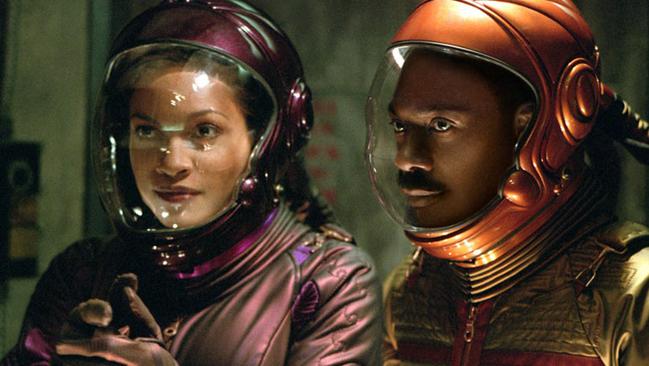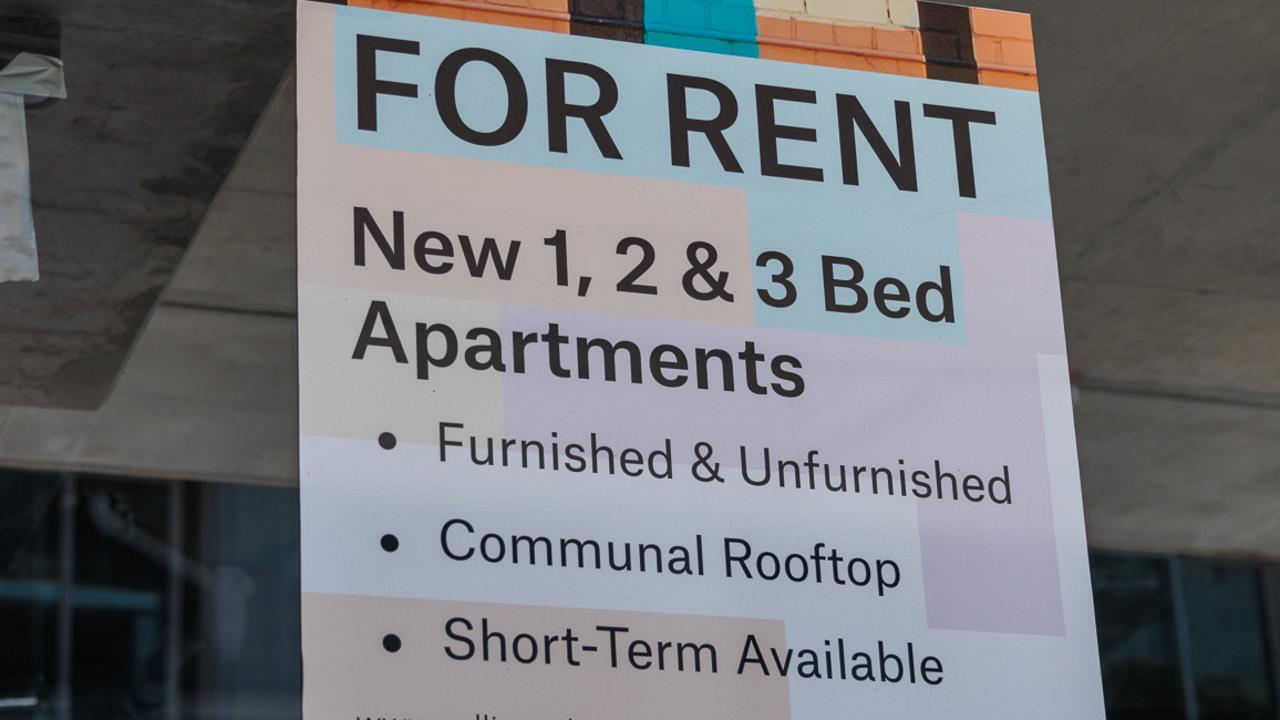The secret formula for success? Double your rate of failure
TONY Abbott may be going through a rough patch, but there is still hope. The path to success is failure – over and over again.

Careers
Don't miss out on the headlines from Careers. Followed categories will be added to My News.
TONY Abbott may be going through a rough patch, but there is still hope.
For any great achievement that every successful person has earned, they have had exponentially more failures. Failures are lessons of future successes, but many people don’t always see failure in a positive light.
The majority of the time, failing has a negative connotation and rightfully so. No one likes nor intends to come up short and not succeed. However, failure is absolutely necessary to become great at something, even though many people will never reach that level because they fear failure. You should embrace failure, as it means that you at least had the balls to try. If you really want something, you have to be willing to fail to get it.
Just ask Michael Jordan, a man who’s reached the highest level of success possible in his craft. “I’ve missed more than 9,000 shots in my career; I’ve lost almost 300 games. Twenty-six times I’ve been trusted to take the game winning shot and missed. I’ve failed over and over and over again in my life. And that is why I succeed.”
FAIL FAST

According to Malcolm Gladwell’s 10,000 Hour Rule, it takes 10,000 hours of practice to achieve mastery in a field. Regardless if you believe in this rule or not, we can all agree that it takes a lot of time and practice to become a master at something.
Given that it could take 10,000 hours to become successful at something, wouldn’t you rather become successful in life earlier rather than later? You’ll never regret failing earlier because it just means you will have a greater chance of becoming successful earlier. When creating a start-up company, you want to fail as fast as you can before your company develops into a more mature business where those failures can become more costly.
Death is one of the only things guaranteed in this lifetime. You are never promised tomorrow so you might as well start failing today. As the great artist Picasso said, “Only put off until tomorrow what you are willing to die having left undone.”
FAIL OFTEN

You need to be prepared to lose often before you really start winning. There is a long list of very successful individuals who failed often before succeeding. Thomas Edison failed 1,000 times before creating the light bulb, Stephen King’s first novel was rejected 30 times, and Henry Ford failed at starting several automotive companies before starting Ford Motor Company.
The list goes on and on and is exponentially longer than the list of successful individuals who did not fail before succeeding. Failing time after time can be very discouraging; it’s the reason most successful people are mentally strong. Not everyone can endure failing over and over again. Just understand these failures that you are continually learning from are laying the foundation to win later.
As one of my university professors told me, becoming a successful entrepreneur is like trying to start a fire with two rocks. You can bang those rocks together for years and fail at creating anything, but you only need to spark once to create a fire.
FAIL PUBLICLY

Failing by yourself can be discouraging, failing publicly can be humiliating. I am a strong believer that, when possible, you should put yourself in a position that if you do fail, you fail publicly and gloriously. Setting yourself to either fail or succeed publicly is important for two reasons.
The first being that when you tell people about your endeavours, you are much more likely to follow through with them. Doubt kills more dreams than failure ever will. If you’re doubtful about your chances of achieving your dreams and you haven’t told anybody else about them, you’re much more likely to not even try. The fear of looking like a quitter will cancel out doubt most of the time.
The second reason being once you’ve told everyone about your endeavours, the fear of failure will motivate you to work even harder. When you talk about your dreams out loud, critics will start to appear. People who are too scared to chase their own dreams will try to crush yours. Prove them wrong. It may not happen the first time, heck it might not happen the first 10 times, but don’t stop until you do. I promise you that if you fail publicly, you will try harder the next time.
LEARN FROM YOUR FAILURES

Failing is only beneficial if you learn from your experiences. Failing to learn from your failures is failing in the literal sense of the word.
It is important to learn the difference between failures and mistakes. A failure is a shortcoming that you can learn from. A mistake is a repeat of a previous failure. And we all know that repeating the same task while expecting a different result is the definition of insanity. You should be learning from failures and avoiding stupid mistakes.
You need to become stronger from your failures, not weaker. The best way to do this is to analyse your failures to see what went wrong and what went right. Make a clear assessment of your level of competence in the areas needed for success. Re-evaluate your plan, preparation and execution. Find out what variables went wrong and do your best to fix them.
As Malcolm Forbes once said, “Failure is success if we learn from it.”
This article originally appeared on AskMen and was republished with permission.
Originally published as The secret formula for success? Double your rate of failure


